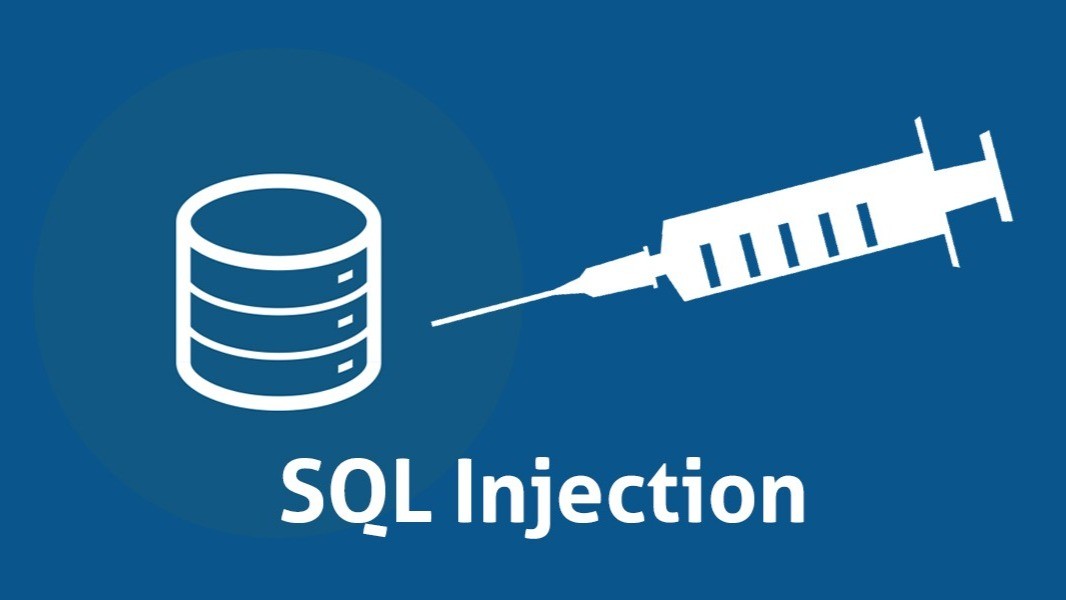
The Importance of Input Validation in Preventing SQL Injection and Cross-Site Scripting (XSS)
Input validation is a critical aspect of secure software development. It ensures that user inputs are correctly vetted before they are processed by the system, preventing malicious attacks like SQL injection and cross-site scripting (XSS). Despite being fundamental, this practice is often overlooked or implemented incorrectly, leaving applications vulnerable to attacks. In this article, we will explore why input validation is so important and how it can prevent common vulnerabilities like SQL injection and XSS.
Understanding Input Validation
Input validation refers to the process of verifying that the data provided by a user meets the required format and constraints. This can include checking if the input is of the correct data type (e.g., integer or string), ensuring that it falls within a specified range, or verifying that it does not contain malicious content such as SQL commands or script tags.
By validating input before processing it, developers can prevent unexpected and harmful data from entering their systems. Proper validation reduces the risk of attacks that exploit weaknesses in the way data is handled.
How Input Validation Prevents SQL Injection
SQL injection is a type of attack where malicious SQL code is inserted into a query through user input. This can result in unauthorized access to the database, data breaches, or even deletion of crucial data. SQL injection occurs when user inputs are not properly sanitized, allowing attackers to craft input that alters the behavior of SQL queries.
For example, without input validation, a login form that directly incorporates user input into an SQL query can be manipulated to bypass authentication. Input validation prevents this by ensuring that the input conforms to the expected format and does not contain SQL keywords or symbols that could alter the intended query.
How Input Validation Prevents Cross-Site Scripting (XSS)
Cross-site scripting (XSS) is another common vulnerability where attackers inject malicious scripts into web pages viewed by other users. XSS attacks typically target websites that do not validate or sanitize user input, allowing malicious code to be executed in the browser of unsuspecting users.
Input validation helps prevent XSS by ensuring that user-provided data does not include executable scripts. For instance, if a web application allows users to submit comments that are later displayed on the page, input validation can prevent attackers from embedding harmful JavaScript code in their comments.
领英推荐
Example Code: Implementing Input Validation
To illustrate the importance of input validation, let's look at a Python code snippet that validates user input to ensure it is an integer.
class InterceptingValidator():
def __init__(self):
self._validator = None
self._input = "t" # Default input value
def set_validator(self, validator):
self._validator = validator
def validate(self):
return self._validator.validate(self._input)
class NumberValidator():
"""Checks if the input is a number or not"""
def validate(self, input):
try:
user_input = int(input)
print("Your input " + str(user_input) + " is an integer!")
return True
except ValueError:
print("Your input " + input + " is not an integer!")
return False
def check_input(ival):
ival.set_validator(NumberValidator())
return ival.validate()
In this code, we have two classes: InterceptingValidator and NumberValidator. The InterceptingValidator class is designed to validate user input using a specified validation logic. Here, NumberValidator is used to check if the input is an integer.
The validate() method in NumberValidator tries to convert the input to an integer. If successful, it confirms that the input is valid; otherwise, it catches the ValueError exception and identifies the input as invalid.
This example demonstrates a basic input validation technique, where the input is checked for type correctness before further processing. This concept can be extended to check for patterns, ranges, or even specific characters that may indicate an attempt to perform an SQL injection or XSS attack.
Conclusion
Input validation is a vital first line of defense against many common attacks, including SQL injection and XSS. By ensuring that inputs meet predefined criteria and are free of malicious content, developers can significantly reduce the risk of security vulnerabilities in their applications. Implementing robust input validation should be a priority in any secure coding practice, protecting both the application and its users from potential harm.
When designing and developing software, it’s essential to incorporate input validation as an integral part of your security strategy. Doing so not only enhances the overall security posture of your application but also builds trust with users who rely on the safety of their data.